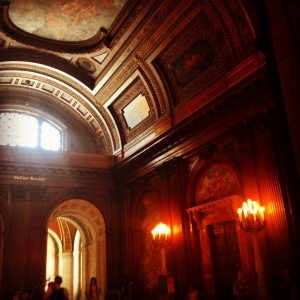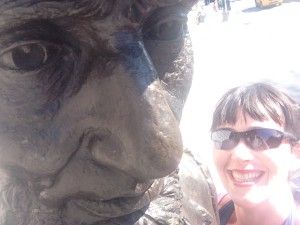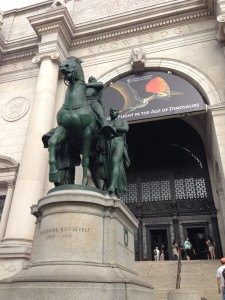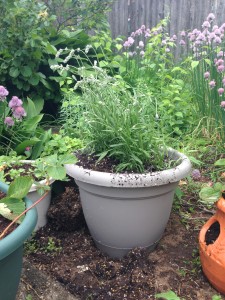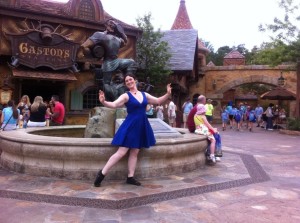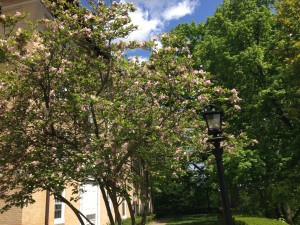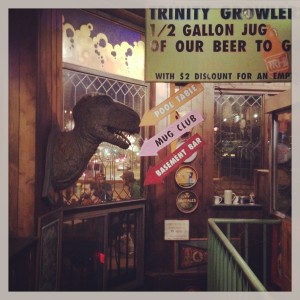In the last week I have managed to:
Find items listed in the card catalogue that it took three archivists and a reference librarian to figure out what these items might be, and that the library probably doesn’t have what I’m looking for anymore (though they obviously did at one point) but if these items were still, somehow, in the collection how I could fill out a call slip to maybe see what I wanted to see.
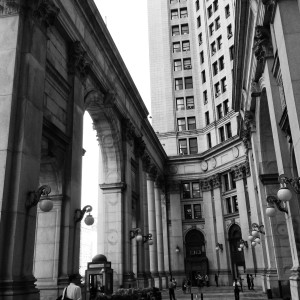
Shot I took on my way to NY Municipal yesterday. Ain’t she a beaut’?
Fill out the call slip in the way the librarian told me to. It did not get me my broadside, but it did get me a collection of clippings that were mildly useful so I’ll call that particular adventure a wash.
Find an item listed in the card catalogue which, when delivered to the desk, was in such fragile condition that I was not allowed to take the item from the desk but rather had to make a special appointment with a special archivist so that she could turn pages for me.
Find a series of items that was collected in so many different forms that the archivists had to bring me no less than three book cradles and two sets of book weights to figure out how I could view them safely without damaging or putting stress on the items. These items, by the by, were included in a series of circus ephemera which also included all kinds of broadsides, newspaper clippings, advertisements, and crumbling papers arrayed in scrapbooks in what I’m certain made sense at the time they were put together but now, one hundred and fifty years later, is the most convoluted organization possible.
Find an envelope containing locks of hair and adoring notes from Edwin Booth’s groupies. Apparently fan-girling is not a modern invention and, in the nineteenth century, was way creepier than it is today.
Procure and subsequently lose approximately fifteen pencils.
Increase my average daily physical activity by approximately 200%. This is not hyperbole; my step tracker counted.
Make and cancel and re-make so many plans that I’m hoping my calendar remembers where and when I’m supposed to be at a given time because I certainly don’t.
Attain and attend appointments at all of my target archives and sift through so much material that I’m going to be reeling for a while.
And now, they’ve paged my next batch. Catch you later!

